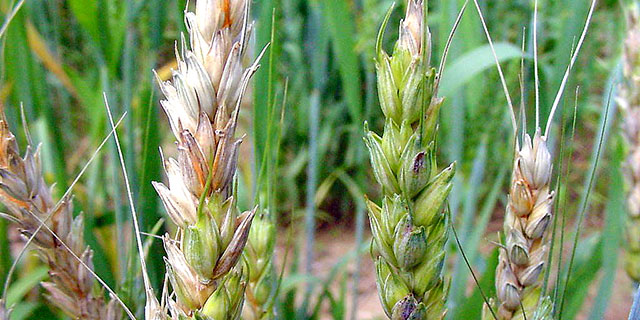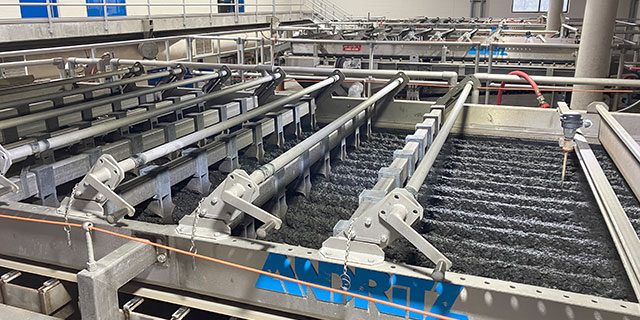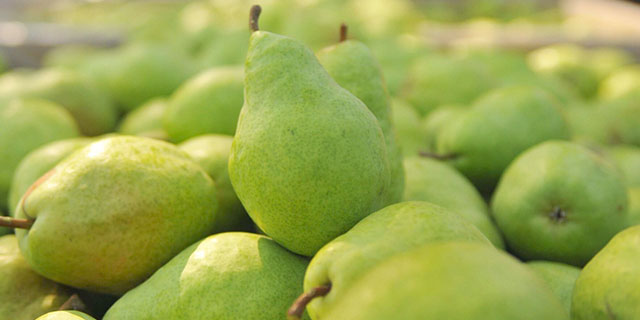Fiber mill supports sheep farms, bridges urban-rural divide
Published 8:15 am Tuesday, March 28, 2023
HALSEY, Ore. — A conveyor belt fed a pile of Romney sheep wool into a carding machine. The machine intermixed the fibers and spit them out the other end as soft roving.
“This is where the magic happens,” said Kim Biegler, who owns the mill. “It’s the most fun part.”
The hums, growls and clickety-clacks of machinery nearly drowned out her voice.
Biegler, 48, is the founder and owner of Ewethful Fiber Farm and Mill in Halsey, Ore., a small mill that sources wool from Northwest farms and turns it into fiber products, including yarn. Local farmers say the mill helps support their industry, and Biegler is known for helping bridge the urban-rural divide by teaching crafters about wool and farming.
“I’ve had the pleasure of dealing with Kim, and she’s first-rate,” said Maria Rooney, a sheep rancher in Silverton, Ore.
Rooney said that at a time when the overall wool market is “pretty dismal,” Biegler’s mill offers ranchers good prices for high-quality wool.
The average price paid for wool sold in 2022 was $1.53 per pound nationally and $1.35 per pound in Oregon, according to USDA’s National Agricultural Statistics Service. For many types of wool, the price was significantly lower.
Biegler, the mill owner, said she pays farmers $12 per pound on average, though prices can vary depending on the breed, quality and micron, meaning the diameter of the wool fiber.
Part of Biegler’s determination to pay producers well stems from her agricultural background. She is married to Mitch Biegler, who runs a grass seed company called H&B Ag. Biegler lives on Herndon Century Farm, which has been in her husband’s family for generations. She also maintains 14 Shetland sheep.
Biegler said that when customers ask her about her prices, she educates them not only about wool processing but also about all the work that ranchers put into raising sheep. She teaches buyers about the supply chain and where their products come from.
“Know your wool,” she tells customers.
Wool, she said, is “the wonder material” — moisture-wicking, fast-drying, odor-resistant, naturally flame-resistant and adaptable.
Biegler runs a service in which crafters pay to be part of her monthly fiber subscription club. She then sends them a monthly box of hand-selected fibers.
In addition to selling wool products, Biegler also teaches in-person and online workshops to hand spinners and other crafters and runs educational social media accounts.
“A lot of my work is educating people,” said Biegler.
She encourages farmers with multi-purpose breeds who are interested in selling their wool to keep the wool clean by limiting mud, preventing hay from getting tangled in wool and avoiding meadows overrun with burrs and foxtails. She also recommends offering shelter for sheep to get out of the rain.
Nutritional factors, including diet and mineral supplementation, also impact wool quality.
Finally, Biegler said farmers should let their shearers know how they plan to use the fiber so the shearers can avoid second cuts.
Biegler encourages farmers to take good pictures of the wool and consider selling it to hand spinners via online platforms such as Facebook Marketplace or Craigslist.





